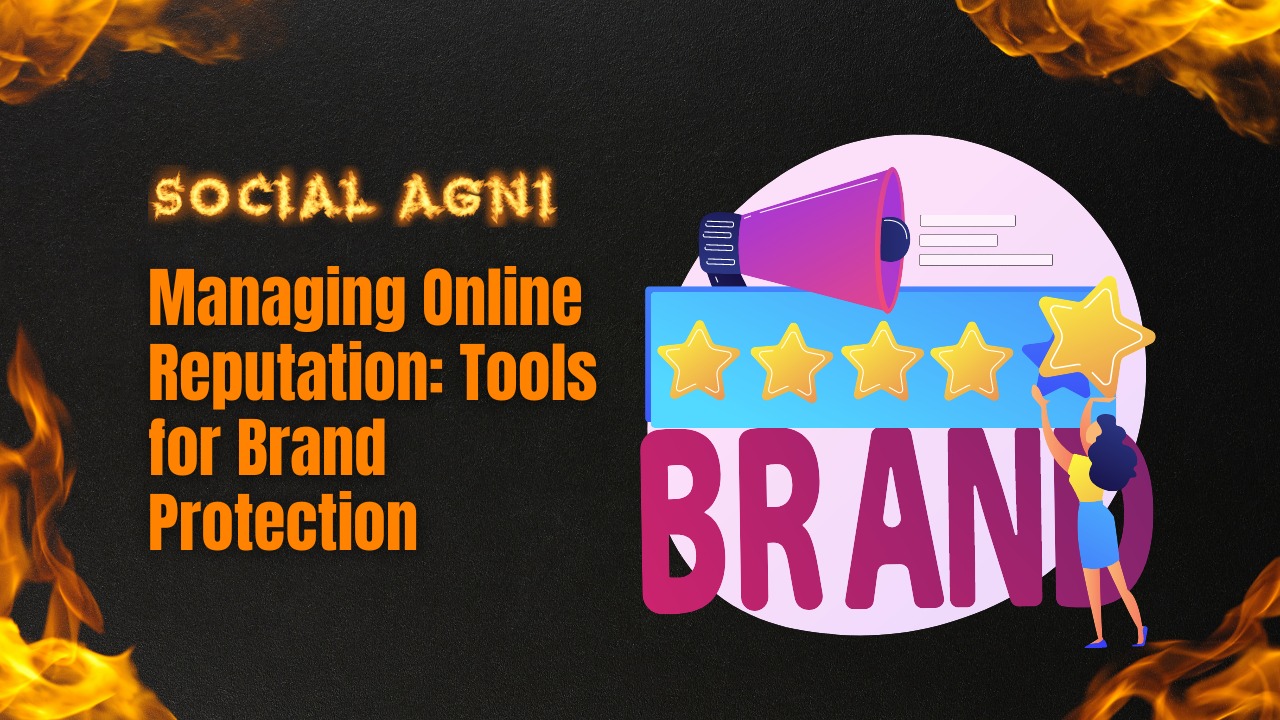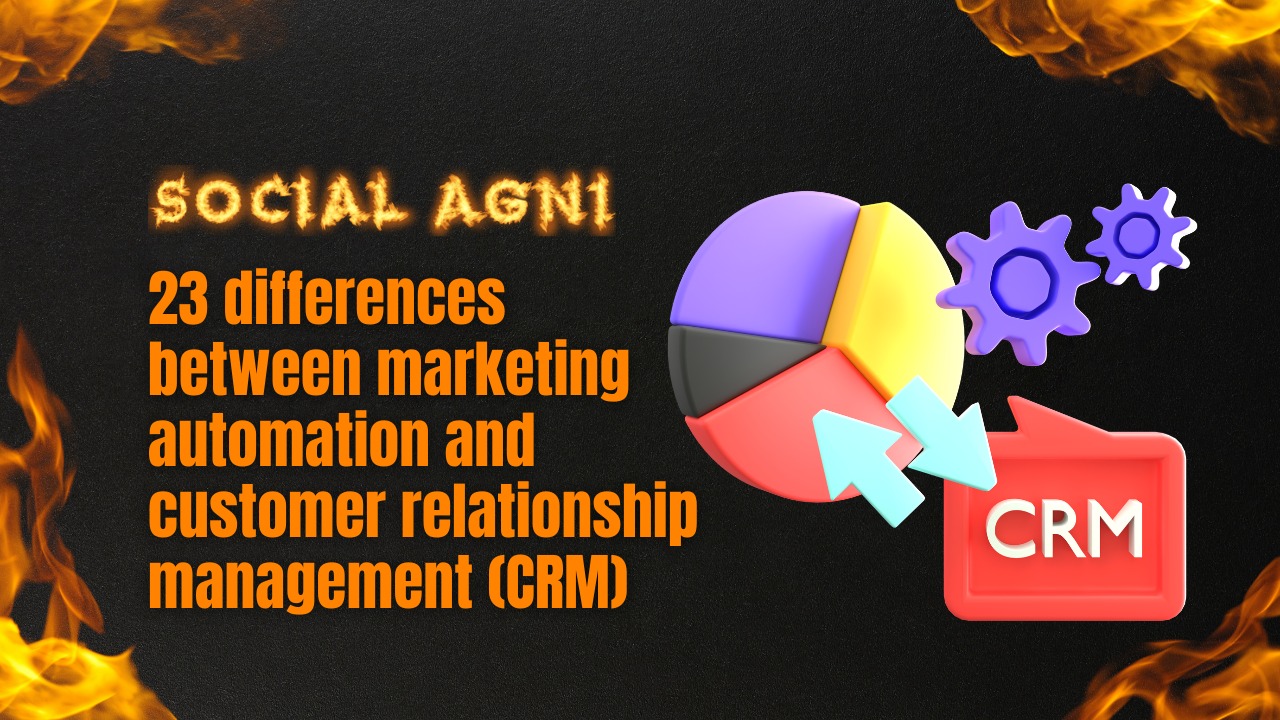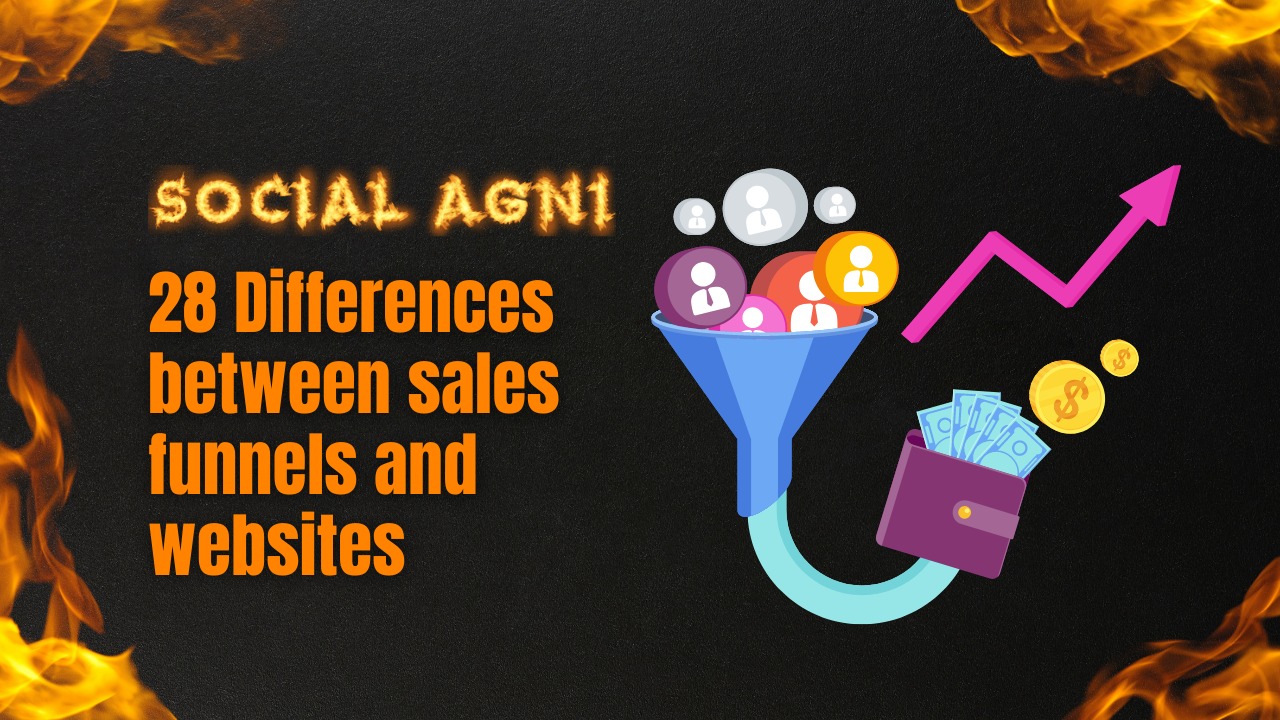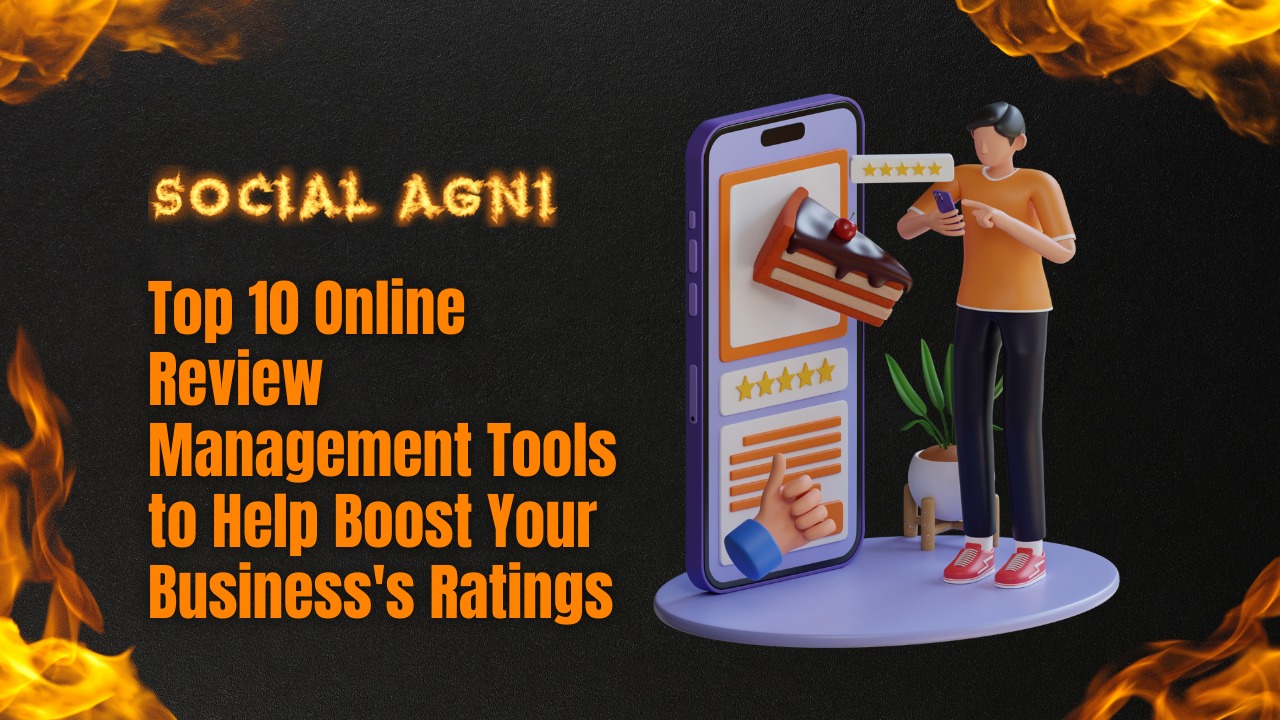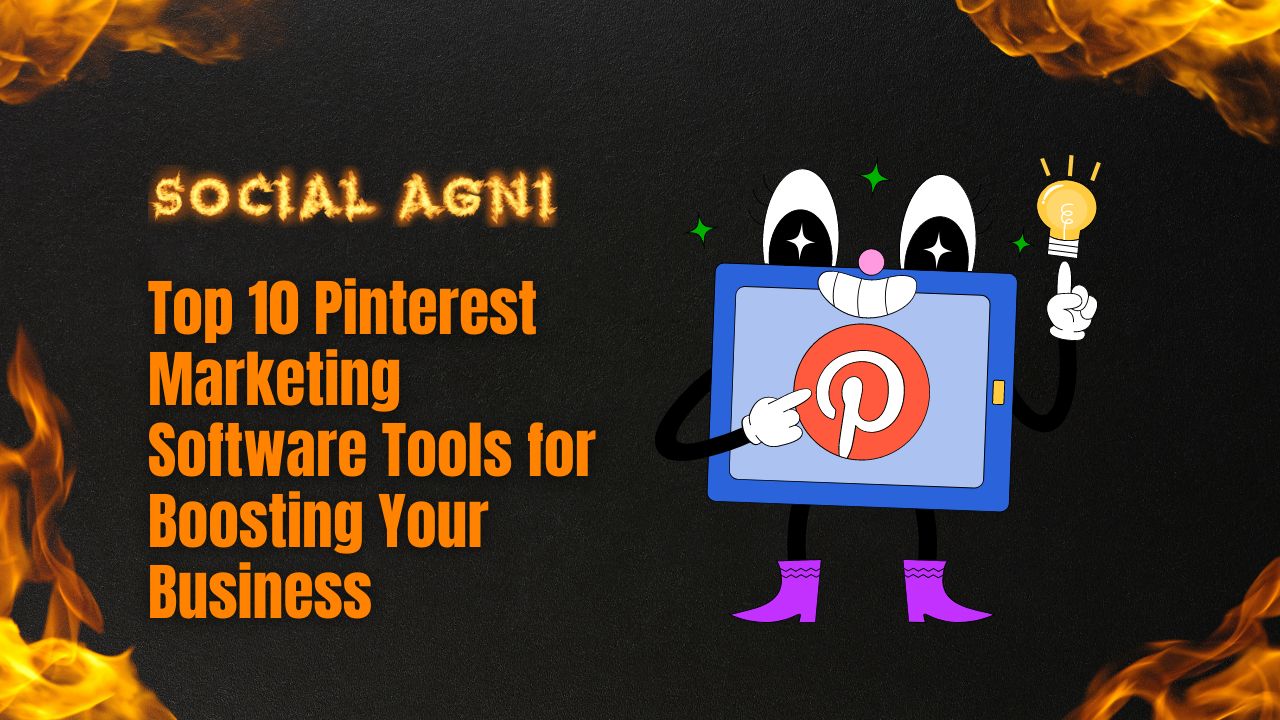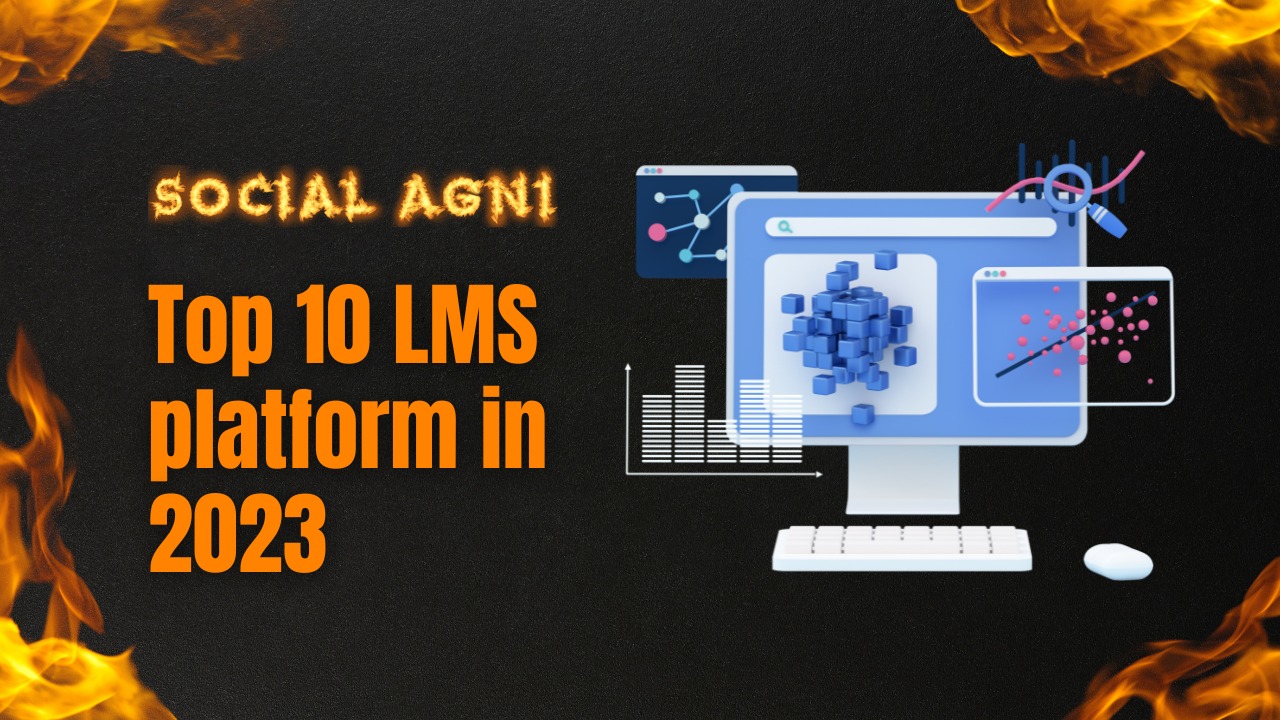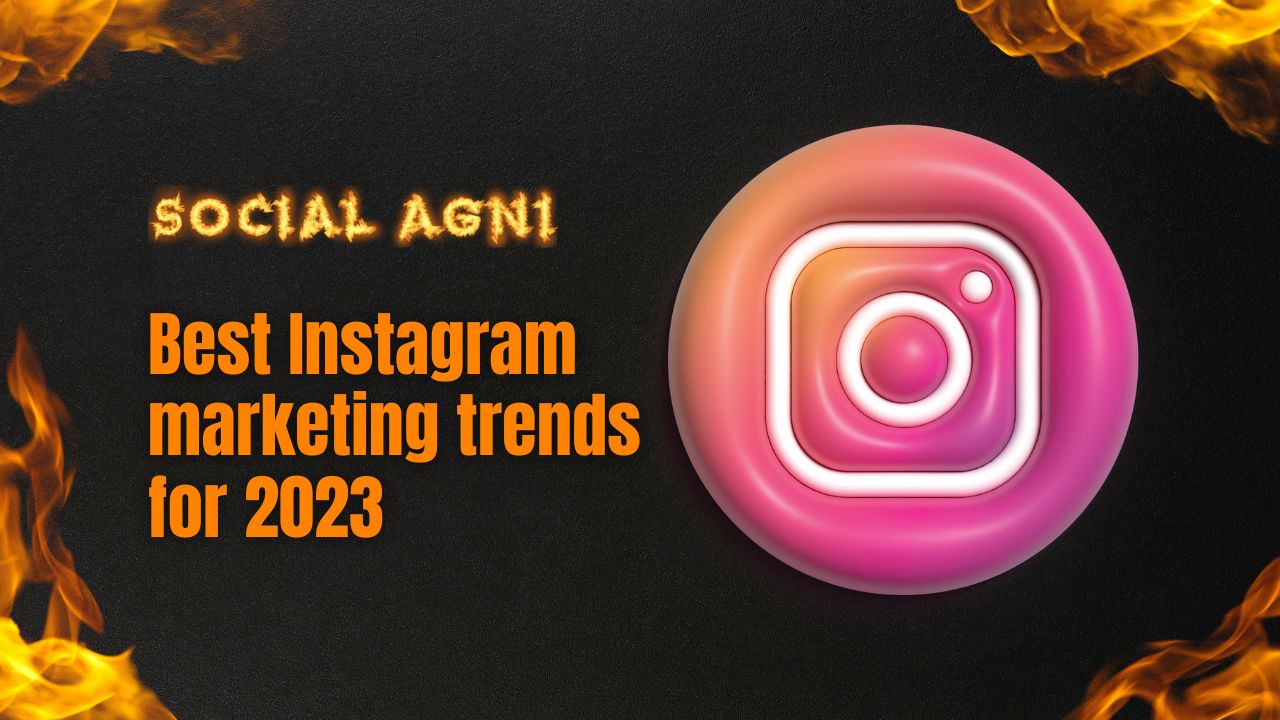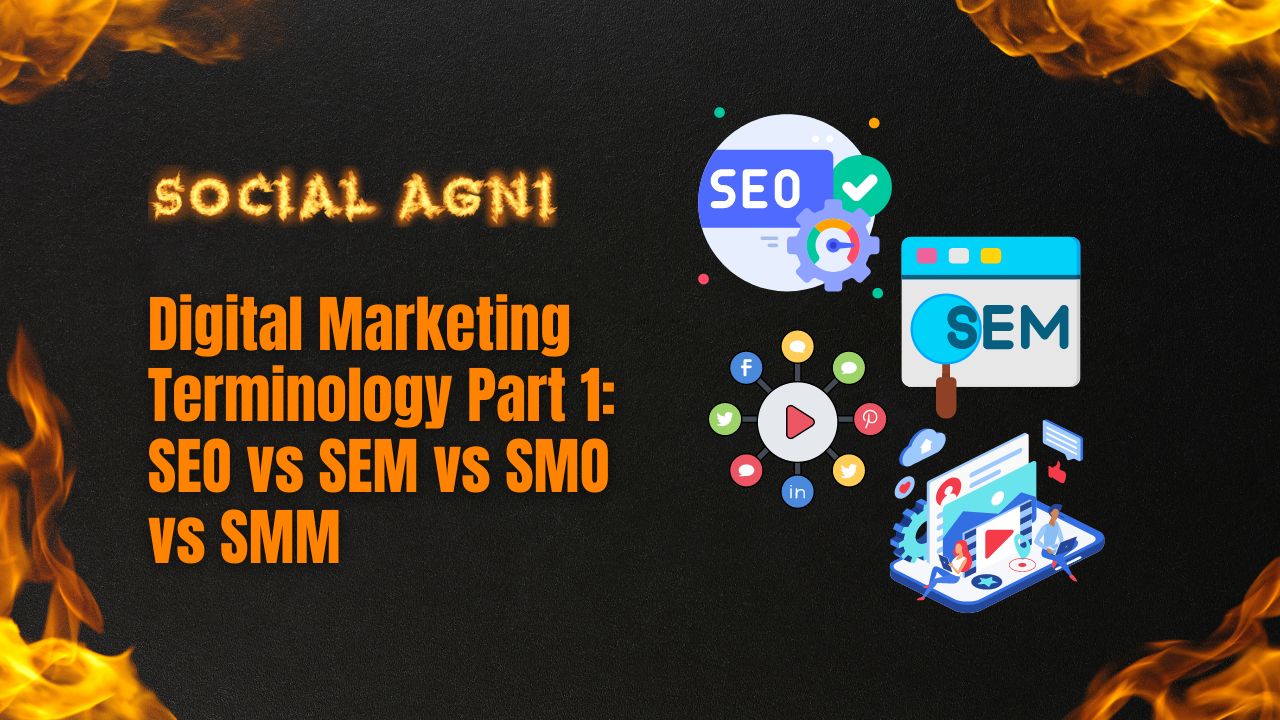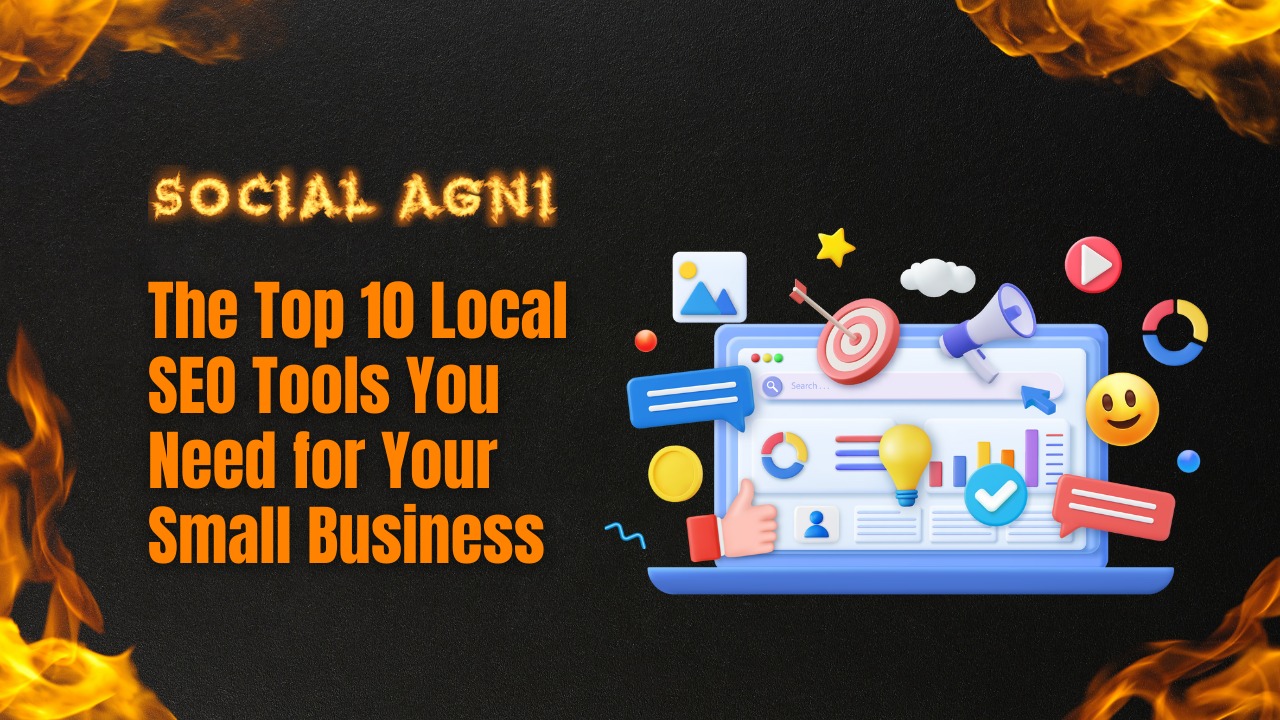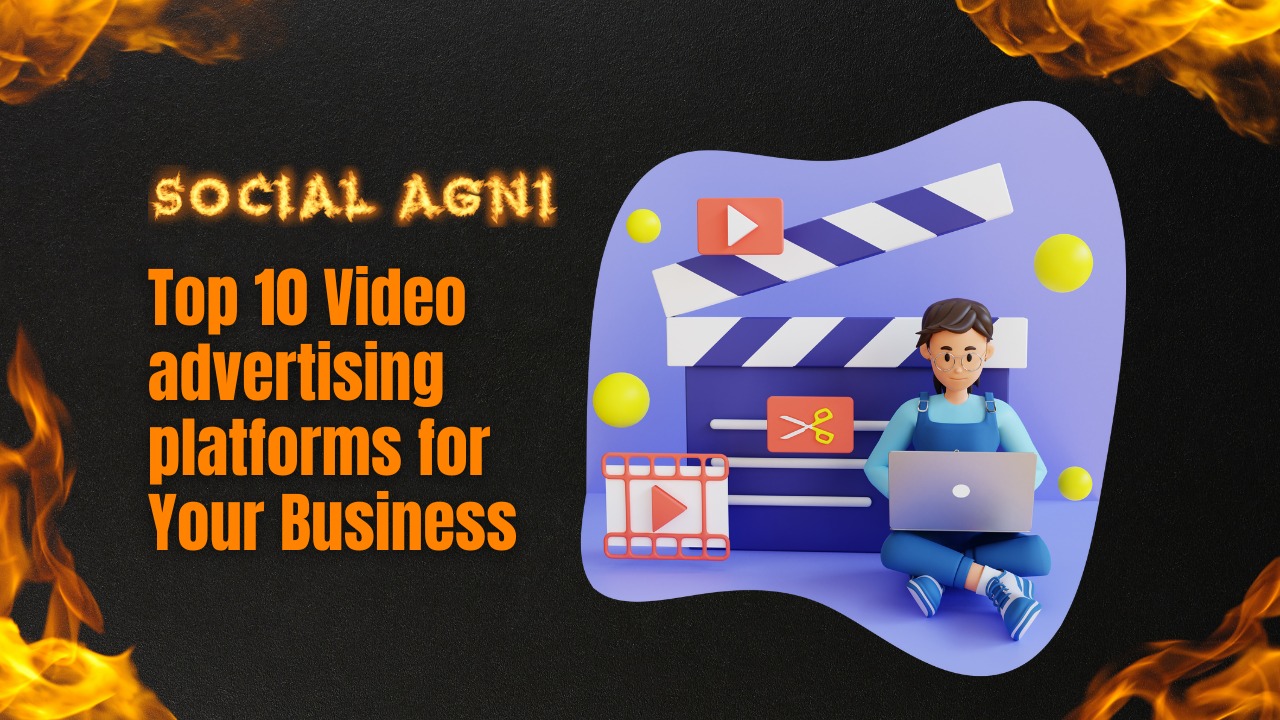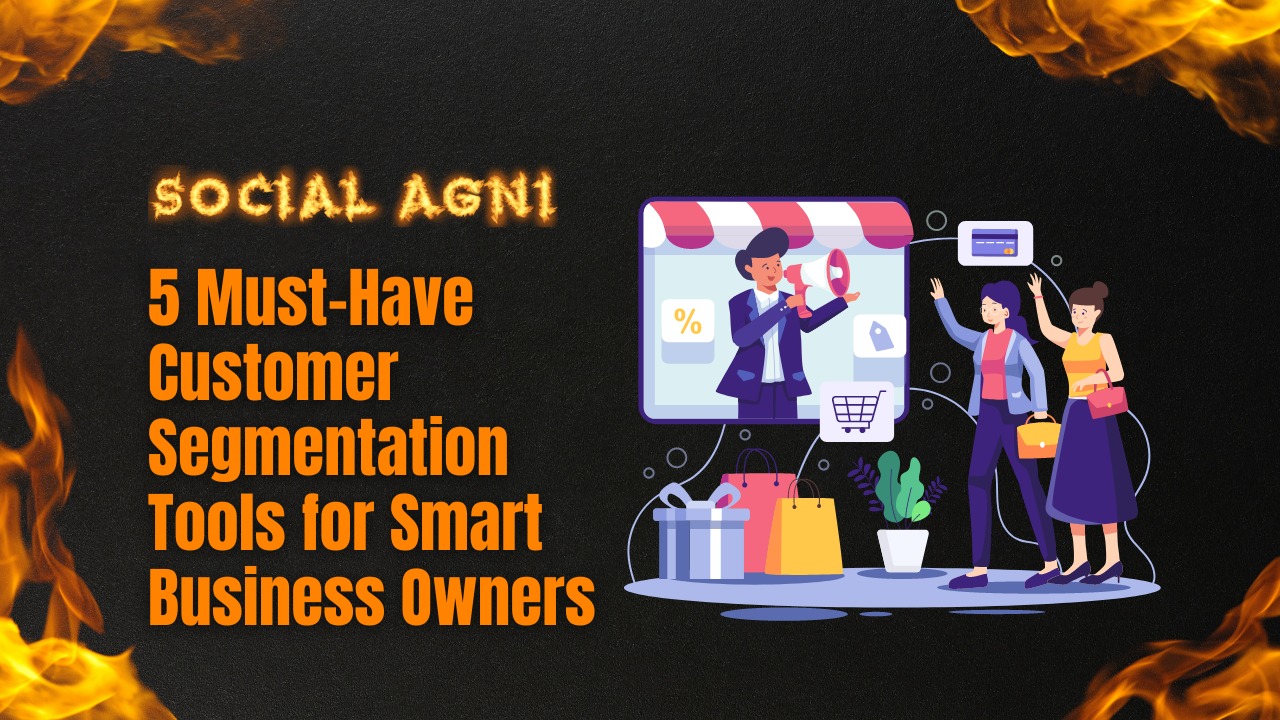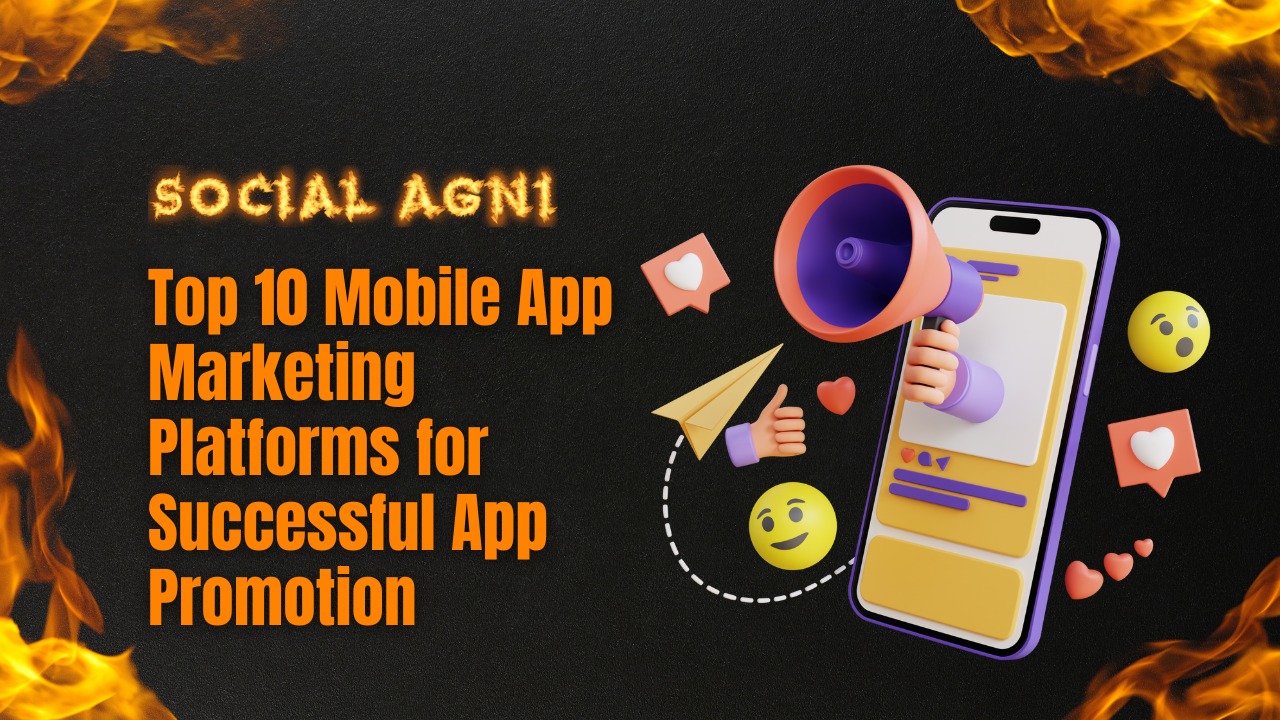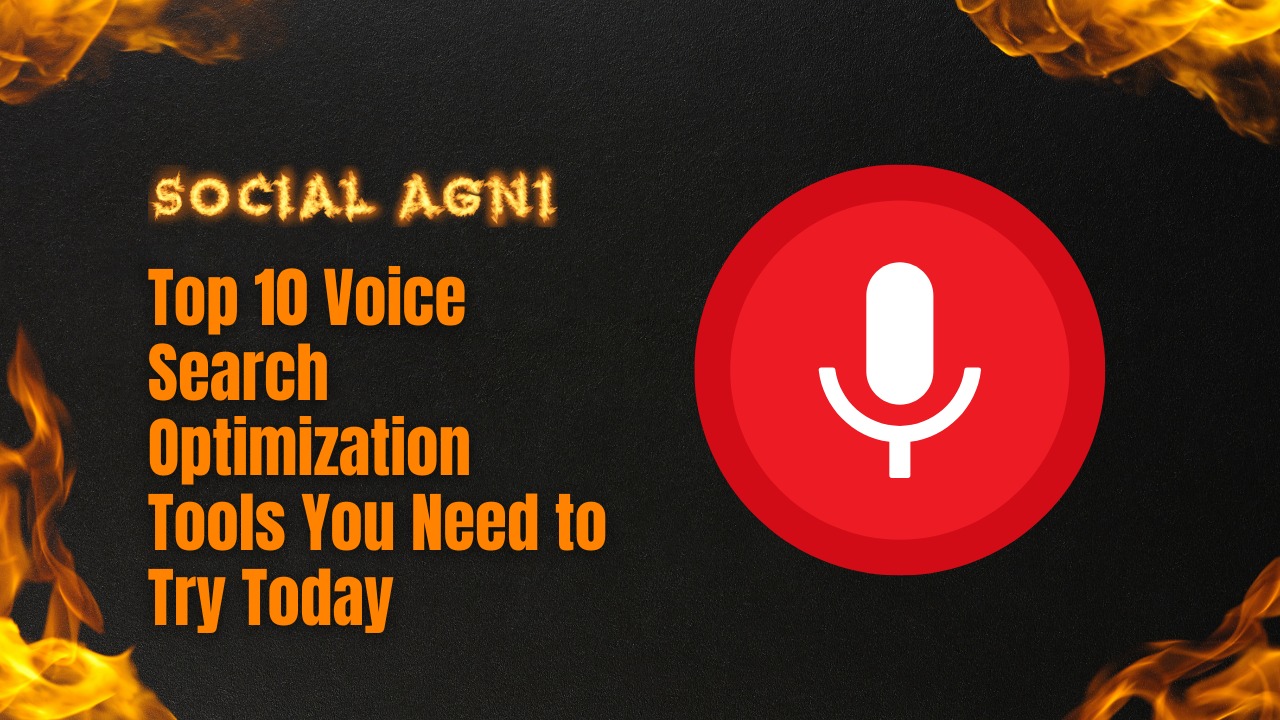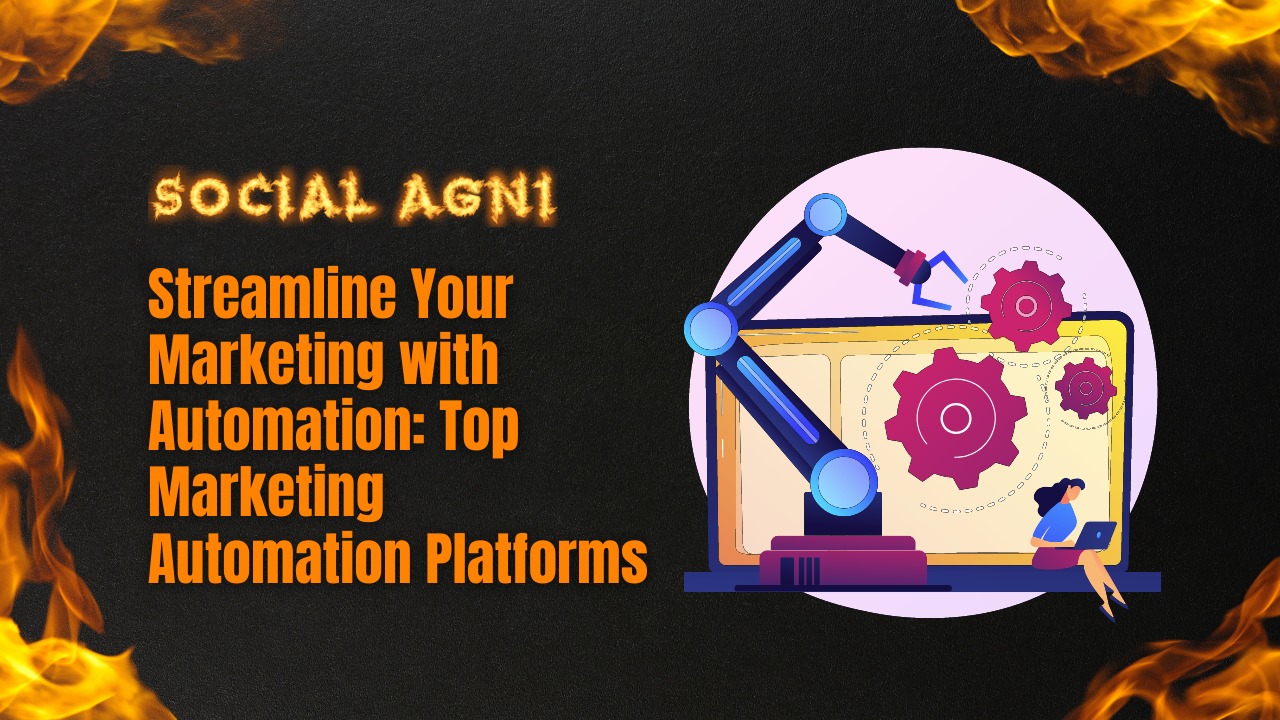Online reputation management is essential to corporate success in the digital era. The Internet and social media affect a company’s reputation. Online reputation management involves actively establishing a favorable brand image, preserving brand integrity, and gaining consumer trust. Strong internet reputations may boost a firm. It may retain consumers, attract new ones, and influence purchases. A bad internet reputation may damage credibility, client trust, and profitability. Thus, firms must invest in effective online reputation management technologies and techniques.
To monitor, evaluate, and govern brand narratives online, several online reputation management solutions are available. These technologies let businesses monitor online reviews, detect concerns, and connect with consumers to maintain a favorable online presence. Online reputation monitoring is vital. These technologies monitor brand mentions on social media, news sites, blogs, and forums. Companies can immediately spot bad brand mentions and sentiment research and take action.
Online reputation management also requires social media management tools. Businesses must actively connect with their audience, reply to client inquiries, and actively maintain their social media presence due to the extensive usage of social media. Schedule postings, measure interaction data, and analyze brand sentiment using social media management tools. Businesses must monitor and manage social media and consumer evaluations and comments. Review and feedback management technologies let firms gather and manage customer evaluations from several platforms, respond to feedback quickly, and address concerns to maintain a favorable brand image.
Online reputation management includes crisis preparation. Online crisis management technologies enable companies to monitor and respond to emerging concerns, limit bad information, and safeguard their brand reputation during difficult times. SEO is vital to online reputation management. SEO tools increase search engine rankings, brand visibility, and online presence. Companies may eliminate undesirable and detrimental content from search engine rankings by using efficient SEO methods. Brand monitoring and sentiment analysis technologies also reveal customer brand perception. These tools help companies understand how their brand is regarded, identify areas for development, and make educated reputation-boosting decisions.
Online Reputation Monitoring Tools
Brand reputation management relies on internet reputation monitoring technologies. These solutions let businesses monitor social media, news websites, blogs, forums, and review sites. By regularly monitoring brand mentions and sentiment analysis, firms may swiftly discover and manage unfavorable or detrimental information. Online reputation monitoring tools:
Google Alerts
Google’s free product delivers email notifications when it indexes new content related to a term or brand name. Brand, product, industry, and other relevant phrases can be set up as alerts. Google Alerts lets companies monitor web mentions and brand sentiment.
Brand24
Brand24 monitors brand references online in real-time. Sentiment, influencer, and competitor analyses are available. Brand24 lets organizations measure social media mentions, hashtags, consumer sentiment, and audience engagement.
Mention
Mention lets companies watch brand mentions and keywords in real-time on social media. Users may watch social media, news, blogs, and more on its easy interface. Mention provides sentiment analysis, competition analysis, and reputation management reports and notifications.
Hootsuite
This famous social media management program also monitors. Track brand mentions, industry keywords, and hashtags across social media using streams. Hootsuite helps companies manage their reputation by tracking brand mentions, engaging with customers, and collaborating with colleagues.
Businesses may learn about their brand’s internet reputation using these tools. Businesses may improve their internet reputation by monitoring brand mentions, sentiment, and trends.
Social Media Management Tools
Business reputation management requires social media management technologies. These solutions simplify scheduling, tracking brand mentions, audience engagement, and social media performance analysis. Popular social media management tools:
Buffer
Businesses use Buffer to schedule and publish posts on Facebook, Twitter, Instagram, LinkedIn, and Pinterest. Its user-friendly design, content planning calendars, and analytics track post performance and interaction. Businesses can communicate with customers and track brand mentions in real-time with Buffer.
Sprout Social
This social media management tool has several reputation management capabilities. It lets companies plan posts, track brand mentions, communicate with consumers, and assess social media performance. To understand the brand impression and sentiment, Sprout Social offers powerful reporting, analytics, sentiment analysis, and social listening.
Hootsuite
Hootsuite monitors online reputation and manages social media. It lets companies manage numerous social media accounts, plan posts, monitor brand mentions, communicate with audiences, and measure social media statistics. Hootsuite helps organizations manage their social media reputation by providing a central dashboard.
HubSpot
This marketing automation software manages social media. Businesses may schedule and publish social media posts, monitor brand mentions, communicate with followers, and track results. HubSpot’s social media analytics and reporting tools assess brand reputation.
These social media management tools allow businesses to manage their social media presence and communicate with their audience from one place. Businesses may manage their online reputation and respond to consumer feedback by scheduling postings, tracking brand mentions, and assessing social media performance.
Review and Feedback Management Tools
Businesses need review and feedback management technologies to handle client feedback across platforms. These technologies let organizations gather, monitor, and analyze customer reviews to fix concerns, engage consumers, and maintain a favorable brand reputation. Review and feedback management tools:
Trustpilot
Trustpilot helps businesses collect and publish consumer reviews. Review invites, monitoring, and statistics are available. Trustpilot lets companies interact with customers, reply to reviews, and highlight good comments to create trustworthiness.
Yotpo
A complete review and consumer feedback tool. It collects and manages customer reviews, generates reviews, analyzes sentiment, and provides consumer insights. Yotpo helps businesses collect feedback, reply to reviews, and promote with favorable ratings.
ReviewTrackers
ReviewTrackers lets businesses collect and track client reviews from several internet platforms. It tracks reviews, analyzes sentiment, and manages responses. ReviewTrackers gives organizations a dashboard to track and respond to customer evaluations, providing proactive reputation management.
BirdEye
A complete customer experience and reputation management platform. Review monitoring, sentiment analysis, review production, and customer feedback management are available. BirdEye helps businesses gather feedback, respond to reviews, and improve their online reputation by utilizing positive customer experiences.
These solutions help organizations manage their internet reputation by gathering consumer input, correcting issues, and highlighting favorable reviews. Businesses may improve customer satisfaction, brand reputation, and trust by actively engaging with consumers and addressing concerns.
Online Crisis Management Tools
Businesses need online crisis management technologies to tackle digital reputation issues. Companies can monitor, respond, and safeguard their brand reputation using these tools. Explore prominent online crisis management tools:
Brand24
Brand24 offers online monitoring and crisis management services. It tracks real-time brand mentions, detects possible crises, and sets alerts for rapid alerting. Brand24 delivers sentiment analysis and brand impression analytics.
Hootsuite
This social media management software helps firms handle reputation problems. It monitors brand references across several social media networks in real-time to address potential concerns. Hootsuite provides crisis response templates and collaborative tools for crisis management.
Meltwatr
Meltwater monitors brand mentions on social media, news websites, and blogs in real-time. It helps organizations manage reputation issues using sentiment analysis, crisis notifications, and customizable dashboards.
Brandwatch
Brandwatch is a strong social listening and analytics software that helps organizations track brand mentions, sentiment, and reputation crises. Real-time notifications, crisis response protocols, and advanced analytics help assess and respond to crises.
These online crisis management tools help firms track and handle reputation disasters. Companies may reduce bad material, stop disinformation, and safeguard their brand reputation by proactively recognizing and correcting concerns.
Search Engine Optimization (SEO) Tools
SEO solutions boost good and relevant material in search engine results to manage online reputation. These techniques boost search engine rankings, brand visibility, and online presence. Popular SEO tools:
SEMrush
SEMrush is an extensive SEO tool that improves online exposure and reputation. Keyword, competition, backlink, and on-page optimization advice are provided. SEMrush also analyzes organic search performance, helping firms improve their SEO.
Moz
Well-known SEO toolkit Moz offers online reputation management solutions. Keyword research, rank tracking, site audits, and backlink analysis are available. Moz Local helps businesses maintain accurate and consistent internet listings across directories.
Ahrefs
Popular SEO tool Ahrefs analyzes backlinks. Ahrefs lets firms track and evaluate their backlink profile for online reputation management. Keyword, content, and competition research increase search engine rankings and brand visibility.
Google Search Console
Google’s free service lets businesses track their website’s search engine performance. It gives organizations search traffic, keyword, and crawl error statistics to improve website exposure and reputation.
SEO tools help organizations optimize their web content, increase search engine rankings, and control their brand story. Businesses may improve their online reputation and dominate search engine results by focusing on important keywords, developing high-quality backlinks, and optimizing their pages.
Brand Monitoring and Sentiment Analysis Tools
Brand monitoring and sentiment analysis technologies help firms understand customer brand perception and sentiment. These technologies evaluate internet conversations and track brand sentiment trends. Brand monitoring and sentiment analysis tools:
Mention
Mention tracks brand mentions on social media, news sites, blogs, and forums for businesses. Real-time notifications, sentiment analysis, and competitive analyses. Mention lets brands track online brand mentions and find audience engagement possibilities.
Brandwatch
Brandwatch analyzes brand mentions, mood, and customer perception. It lets companies track their brand’s reputation through social media, news, blogs, and other internet sources. Brandwatch delivers sophisticated sentiment research to analyze brand sentiment trends.
Talkwalker
Talkwalker is a social listening and analytics tool that lets organizations track brand mentions and sentiment on social media, news sites, blogs, and forums. It offers real-time brand analysis, sentiment analysis, and customizable dashboards. Talkwalker analyzes client sentiment and trends.
Sprout Social
This social media management tool also monitors brands and analyzes sentiment. It tracks brand mentions, sentiment, and social media conversations. Sprout Social helps brands boost their image by providing consumer insights and data-driven choices.
Brand monitoring and sentiment analysis technologies help organizations understand customer sentiment, discover challenges and opportunities, and improve their brand reputation. These technologies let businesses engage with customers, respond to criticism, and make educated decisions to boost their online presence.
Conclusion
Businesses must manage and defend their internet reputations nowadays. Online reputation management solutions keep a brand’s image good, influential, and trustworthy in customers’ eyes. Businesses may defend their brand and online presence by monitoring online conversations, communicating with customers, and assessing sentiment. Google Alerts, Brand24, Mention, and Hootsuite let organizations track brand mentions, sentiment, and trends across internet platforms. These solutions give firms real-time insights to handle negative comments and future difficulties. Staying aware and responsive helps organizations manage their online reputation and public impression.
Buffer, Sprout Social, and Hootsuite help manage online reputation by enabling constant audience involvement. Schedule posts, track brand mentions, and assess social media success using these tools. Companies may create trust, respond to customer input, and manage brand reputation with a positive social media presence. Trustpilot, Yotpo, and ReviewTrackers let businesses gather, monitor, and respond to consumer reviews. These technologies help companies handle issues, promote favorable ratings, and manage their brand reputation. Businesses may improve customer happiness and brand image by using feedback.
Online crisis management platforms like Brand24 and Hootsuite help firms identify and resolve reputation concerns quickly. These tools help companies track brand mentions, establish alerts, and respond to unfavorable material. Businesses may maintain brand reputation and demonstrate customer satisfaction by proactively resolving crises. brush, Moz, and Ahrefs also help manage online reputation by optimizing online content, boosting search engine rankings, and regulating the exposure of favorable brand material. Businesses may boost positive content in search engine results by employing relevant keywords and developing high-quality backlinks.
Finally, online reputation management demands a multifaceted strategy. Online reputation management solutions let firms track, evaluate, and respond to brand mentions, consumer feedback, and sentiment. Businesses may safeguard their brand, improve client impression, and maintain a good internet reputation by using these tools.
Frequently Asked Questions (FAQs)
1. Online reputation management?
Online reputation management involves shaping how a brand or person is seen online. Preserving a favorable image entails controlling internet mentions, reviews, and comments.
2. Why is online reputation management crucial?
Online reputation management is vital since consumers investigate and buy online. Positive reputations generate trust, attract consumers, and develop businesses.
3. How can I track my internet reputation?
Google Alerts, Brand24, and Mention monitor online reputation. These programs track brand mentions, reviews, and business-related social media interactions.
4. Can I erase online brand criticism?
Content and platform matter. Responding properly, resolving complaints, and promoting positive material may frequently reduce the effect of content.
5. Can social media management improve online reputation?
Social media management lets you track brand mentions, interact with customers, and respond quickly. It boosts your internet reputation and shows consumer happiness.
6. How does SEO affect online reputation?
SEO boosts good and relevant material in search engine rankings to manage online reputation. Control positive brand information by optimizing content and employing appropriate keywords.
7. Do internet reviews hurt my brand?
Consumer perception and purchase decisions are influenced by online reviews. Negative reviews damage your reputation, whereas positive evaluations create credibility. Review management is essential.
8. How can I handle unfavorable reviews?
Responding to bad evaluations requires calmness, acknowledgment, a solution, and a commitment to fix the situation. Responding professionally and fixing the issue shows customer satisfaction.
9. Can I fix my bad internet reputation?
Yes, you can repair your internet reputation. Rebuilding trust and reputation requires reputation management tactics, problem-solving, and positive content promotion.
10. Is professional online reputation management necessary?
Depends on your reputation management requirements. Some firms do it themselves, while others may benefit from professional reputation management services.
